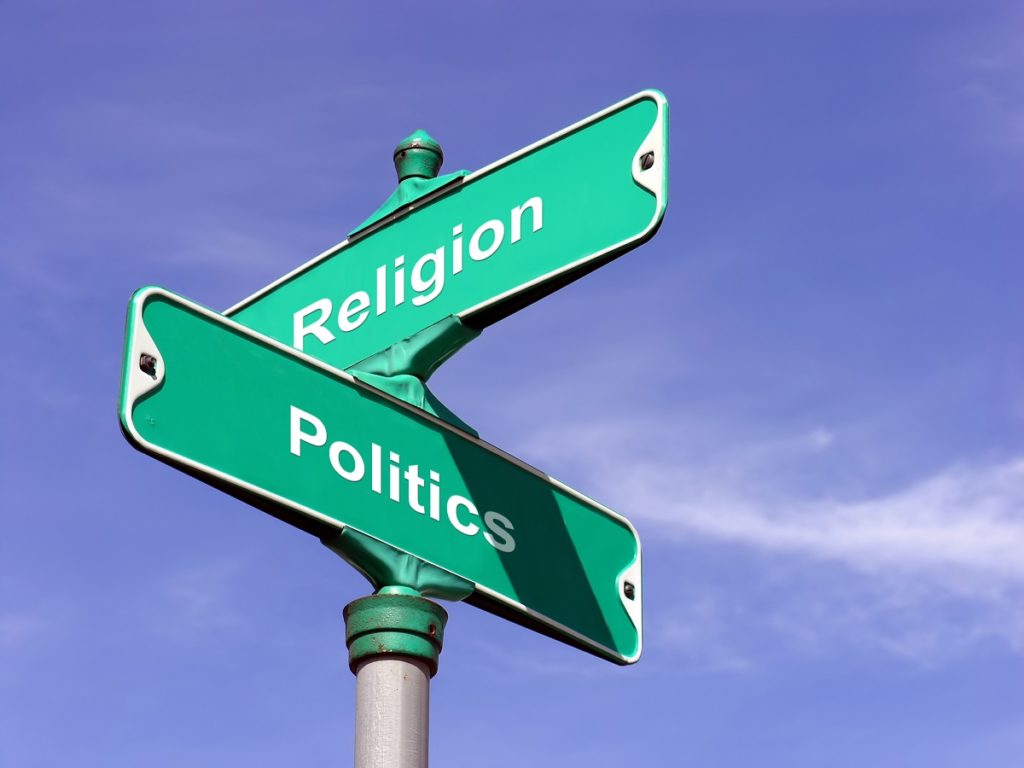Robust legal protections for religious freedom are essential in a liberal society. However, this does not mean religious activity is exempt from liberal, secular laws or ring-fenced from robust public criticism. By privileging religious sensibilities in secular institutions while simultaneously censoring peaceful religious speech, the UK has betrayed this principle.
We must urgently reverse this. We must ensure we are not deterred from enforcing general laws for fear of causing offence to religious believers, while also restoring full protection for freedom of religious speech and expression.
The response to the suspension of a student in Wakefield for slightly scuffing a Qur’an just last month shows just privileged certain religious viewpoints often are. The 14-year-old boy, who has high-functioning autism, reportedly brought a Qur’an into school as a dare, and on the same day, the book sustained minor scuffs. The police recorded the event as a “hate incident” and the boy and three other students were suspended from school. The boy at the centre of the incident has received numerous death threats.
Both the school and the boy’s family maintain that the damage was not intentional. Nonetheless, the police and the boy’s mother have publicly begged for mercy from the local Muslim community for fear of violent retribution and public disorder. As for those making death threats against the young boy — no repercussions yet.


This case shows that when it comes to the sensibilities of Islamic doctrine, a new form of de facto blasphemy law has emerged in parts of Britain (whatever the home secretary might say).
Yet, religious privilege only exists in certain circumstances. Believers, particularly religious conservatives, are also discriminated against by immoral hate speech laws that threaten them with fines and imprisonment for peacefully expressing sincerely held religious beliefs which might cause ‘distress’ and ‘offence’, or conflict with modern liberal sensibilities.
In addition to hate speech legislation which has impacted religious conservatives of all faiths, orthodox Muslims are often disproportionately exposed to censorship thanks to the British state’s counter-terrorism efforts. In a briefing paper on the impact of the UK’s anti-terror programme ‘Prevent’, the Muslim Council of Britain argued that “[c]onservative religious and cultural practices (and more recently political beliefs) are classed as ‘non-violent extremism’ and the first step in a ‘conveyor belt’ towards violent terrorism, without any evidence underpinning this theory of radicalisation.”
This is because anti-terror legislation, like the 2000 Terrorism Act, seeks to suppress speech in support of doctrines and groups considered by the government to be associated with militant religious fundamentalism, which in practice, are overwhelmingly Islamic.
Freedom of expression, including religious speech, must be robustly protected because each person must be allowed full ownership and control of their conscience. Our conscience determines our values and our values are the primary means through which we perceive and shape the world around us. And without full ownership of our conscience, everyone becomes a cog in someone else’s machine. The use of state violence to suppress this freedom of conscience undermines the very dignity which comes with self-ownership.
In a religious context, undermining the right to freedom of conscience is even more immoral. By threatening the faithful with legal sanction, the government forces them to choose between their freedom in this life and the eternal security of their soul in the life to come.
While this makes protections for religious expression of the utmost importance, robust protections do not render religious opinions immune from criticism. As in the case of the Wakefield incident, wilfully desecrating the Qur’an is a peaceful act that does not justify state or private violence.
Britain’s approach to religion exists in a toxic paradox: peaceful expression of religious conviction can put a person in legal jeopardy, and yet, in the right circumstances, religious associations can shelter certain groups against law enforcement and media scrutiny. This is unacceptable in a liberal society and it is vital that we change our laws to robustly protect religious freedom while ensuring that secular authority cannot be usurped in our public institutions.
Harrison Griffiths is a political commentator with Young Voices and a communications officer at the Institute of Economic Affairs, a free-market think tank in Westminster. He has written for publications including City AM, The American Spectator, and the Foundation for Economic Education. He has also made broadcast appearances on GB News, Times Radio, and TalkTV.












